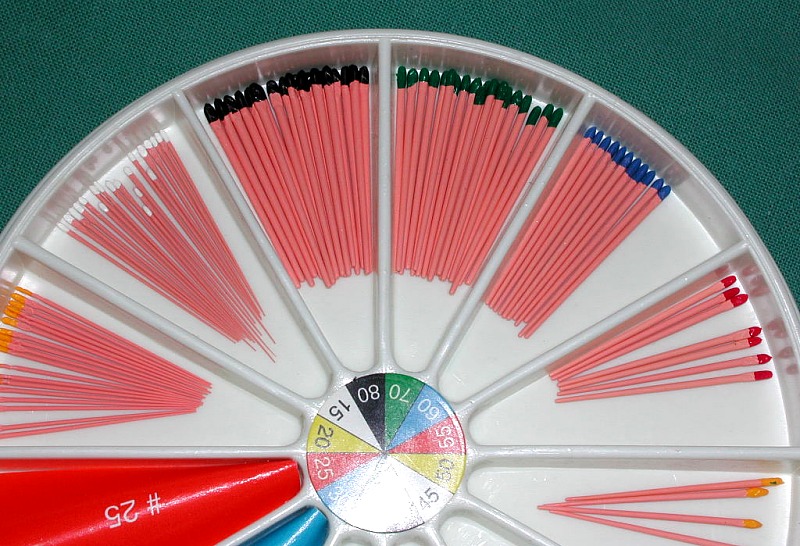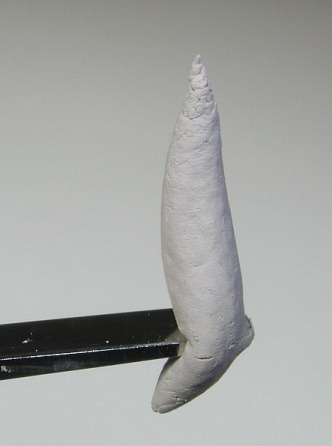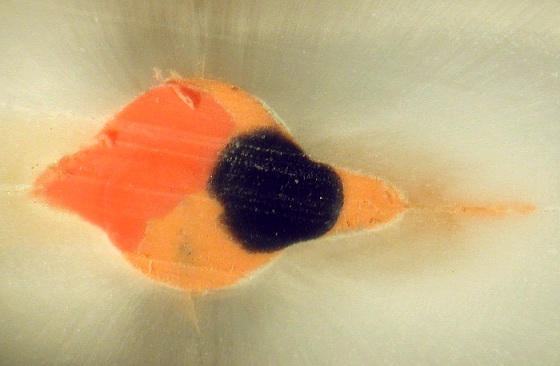Aseptics: Materials






All materials that are introduced into the root canal during endodontic treatment must be sterile. Materials that are left in the canal for some period of time or permanently, should in addition have antibacterial properties.
Many irrigation solutions are bactericidal (NaOCl, chlorhexidine) and do not get contaminated if instructions for handling and usage are followed. Demineralization solution such as EDTA are non- or only weakly antibacterial and must be handled with great caution.
Some paper points are delivered sterile, individually packed in groups of a few points. Non-sterile points must be sterilized at the dental office and handled thereafter aseptically.
Gutta-percha points are usually delivered non-sterile. They contain materials that may be weakly antibacterial but this does not guarantee their sterility. Although there is no general consensus for the recommendation of sterilization of GP points, 5 % sodium hypochlorite (NaOCl) for 1 min is effective to kill even resistant spores. Chlorhexidine and alcohol are also strongly microbicidal, but do not guarantee killing of spores.
Zinc oxide eugenol has antibacterial activity (eugenol is a phenol compound), while most of the other materials are only weakly or non-antibacteriogenic. This is, however, not supposed to be a problem as long as a tight seal is established with the temporary top filling.